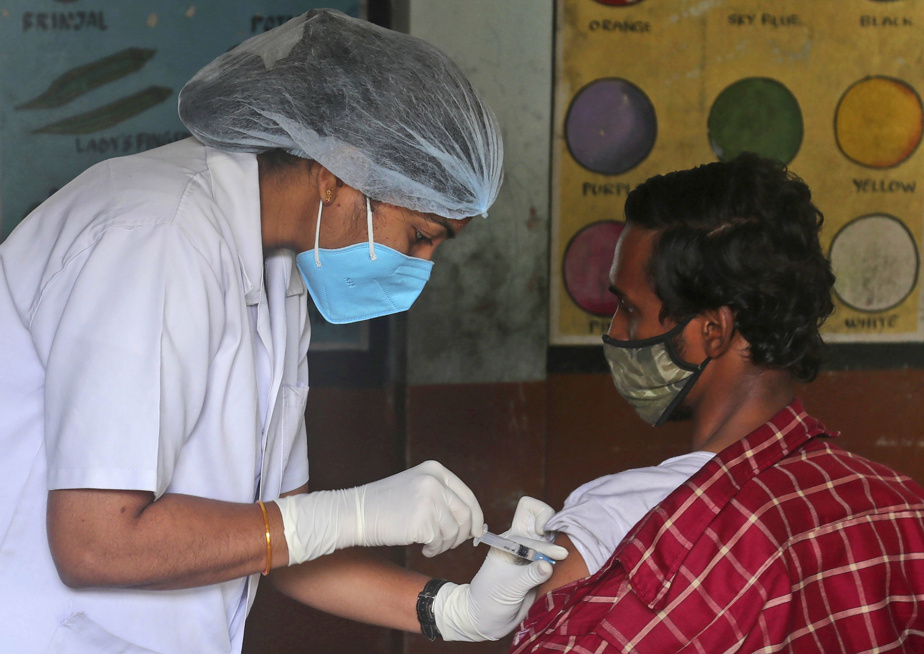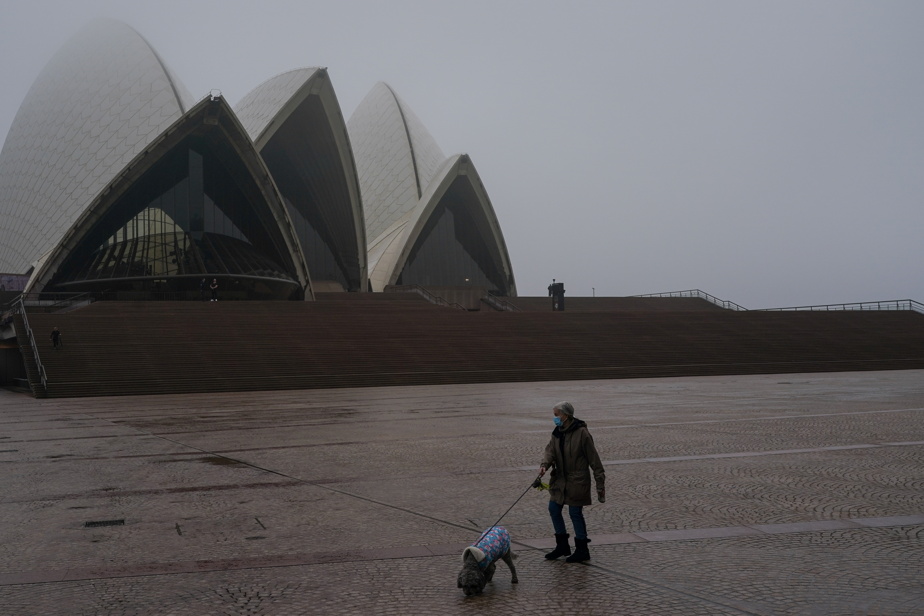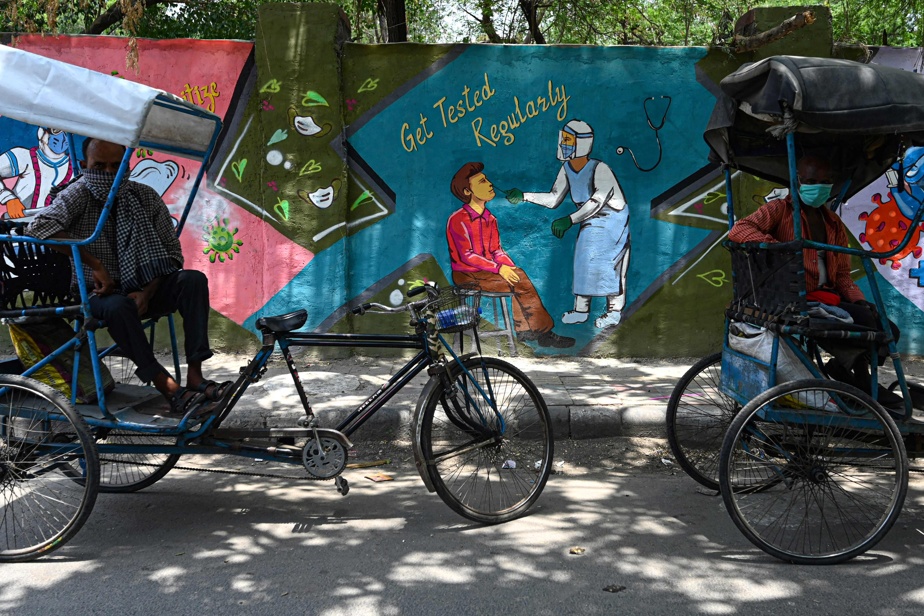23.2%
This is the proportion of the world’s population who received at least one dose of the COVID-19 vaccine as of June 28. But this rate varies greatly from country to country and is much lower in low-income countries.
Consult the data on Our World In Data
Uneven vaccination
About 3 billion doses of the COVID-19 vaccine have been administered worldwide and 41.26 million doses are now given each day, according to the Our World In Data website. However, only 0.9% of people in low-income countries received at least one dose.
A large part of the population in emerging countries will not be vaccinated this year, and probably not next year either. This is what scares me the most,” notes François Audet, associate professor at UQAM’s School of Management Sciences and director of the Institute of International Studies in Montreal. “It’s a basin [de population] Something important that could allow the virus to evolve, and that’s worrisome for both the affected countries and the future of the global pandemic. “
Vulnerable Populations
Canada quickly targeted high-risk populations, such as those living in remote areas, particularly Indigenous peoples, who received two doses of the vaccine as a priority, while populations in large urban centers did not double doses for the majority. “You have to say it when you do good things, and Canada has played a fair role with the vulnerable population, the people of the North,” notes Mr. Odette. We see Yukon, Northwest Territories, many of whom have been fully vaccinated for a while. In the United States, in rural southern states, vaccination is less advanced than the national average, leaving them vulnerable to variants. ”

PHOTO Mahesh Kumar A, Associated Press
A healthcare worker administers the Covishield vaccine during a special vaccination campaign for COVID-19 in Hyderabad, India.
Hospitals are overwhelmed in South Africa
The delta variant, which first appeared in India, has caused a massive increase in infections in South Africa, leading to a new lockdown. “We are in the grip of a devastating wave that by all indications appears to be worse than the one that preceded it,” South African President Cyril Ramaphosa said in a televised address on Sunday evening. The high of this third wave should be higher than the previous two waves. Already, some hospitals in Johannesburg and Pretoria are full and refuse to accept new patients. This wave of infections raises fears of a COVID-19 outbreak on the African continent, where only 3% of 1.2 billion Africans have received a vaccine.
anger in australia
A country largely spared from COVID-19 so far, Australia is struggling with the increasing spread of the delta variant, which affected 110 people in Sydney as of June 27. The country has just decided to keep its borders closed, and several major cities, including Sydney, Brisbane, Perth, Darwin and their suburbs, have imposed strict containment measures. Citizens have expressed their displeasure with Scott Morrison’s government, which has so far been able to fully vaccinate only 1.19 million people, or 4% of Australia’s population. To add to the government’s problems, about 30% of the population say they “have little or no interest” in vaccination. Elected officials have said about 80% of the population will need to be vaccinated before borders reopen – a goal that won’t be met until mid-2022, according to Prime Minister Morrison.

Photo by Lauren Elliott, Reuters
A woman wearing a protective mask walks with her dog outside the abandoned Sydney Opera House in Sydney, Australia on Tuesday.
Maximum cases of infection in Russia
Russia has long refused to impose strict health measures. The country is now swept by a wave of COVID-19 infections, with nearly 20,000 infections a day, double what was recorded at the beginning of June. More than 600 deaths were reported on June 28, a record number since the start of the pandemic. It is now necessary to provide a QR code showing that you have received the vaccination if you want to go to a restaurant in Moscow. However, barely 21 million of the 144 million Russians, or 15% of the population, have been vaccinated.

“Extreme twitteraholic. Passionate travel nerd. Hardcore zombie trailblazer. Web fanatic. Evil bacon geek.”


